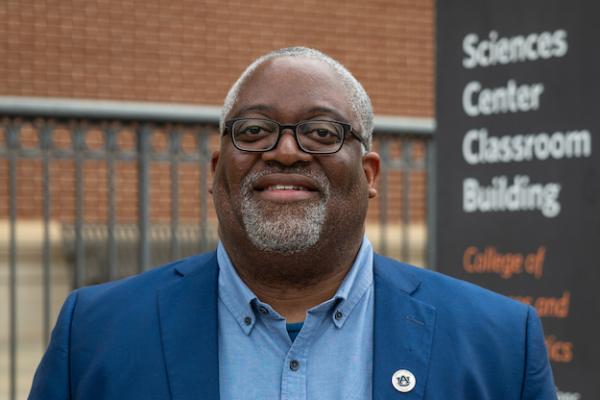
Professor Edward Thomas, Jr.
Auburn University
Exploring new regimes of low temperature plasma physics with dusty plasmas: studies from the lab to space
Location: 1080 Physics Research Building
Faculty Host: Lou DiMauro
Abstract: From star-forming regions to planetary rings to fusion experiments, charged microparticles can be found in many naturally occurring and man-made plasma systems. Therefore, understanding the physics of dusty plasmas can provide new insights into a broad range of astrophysical and technological problems. This work introduces the physical properties of dusty plasmas – focusing on how the small charge-to-mass ratio of the charged microparticles gives rise to many of the characteristics of the system. In particular, dusty plasmas can be used to study a variety of processes in non-equilibrium or dissipative systems such as self-organization and energy cascade as well as a variety of transport and instability mechanisms. This presentation will discuss results from our studies at the Magnetized Plasma Research Laboratory (MPRL) at Auburn University. Recent investigations of particle charging, pattern formation in magnetized plasmas, and scaled investigations of dust in the geospace environment will be discussed.
Bio: Dr. Edward Thomas, Jr. is a Professor of Physics and, since March, 2023, serves as the Dean of the College of Sciences and Mathematics at Auburn University. He previously served as the Interim Dean (August, 2021 – April, 2023) and as the Associate Dean for Research and Graduate Studies (August 2017 – August, 2021). He earned his B.S. in Physics at Florida Tech, an M.S. in Physics at MIT, and Ph.D. in Physics from Auburn University. Prof. Thomas began his research career studying edge particle transport in fusion plasmas. Over the years, his work has become centered on fundamental plasma physics where his group conducts experimental and computational research on dusty (complex) plasmas, strongly magnetized plasmas and plasma diagnostic development. Prof. Thomas and his team have published over 100 scientific articles and delivered over 400 invited and contributed presentations at scientific meetings. Their work is supported by the NSF, Dept. of Energy, Department of Defense, and NASA. He is an elected member of the International Union of Radio Science (URSI) – Commission H, and a Fellow of the American Physical Society and the National Society of Black Physicists. He has served as a member of numerous advisory committees for the American Physical Society (APS), NSF, DOE, the National Academies, and the European Space Agency. Prof. Thomas is also currently serving as the Chair of the American Physical Society – Division of Plasma Physics.
